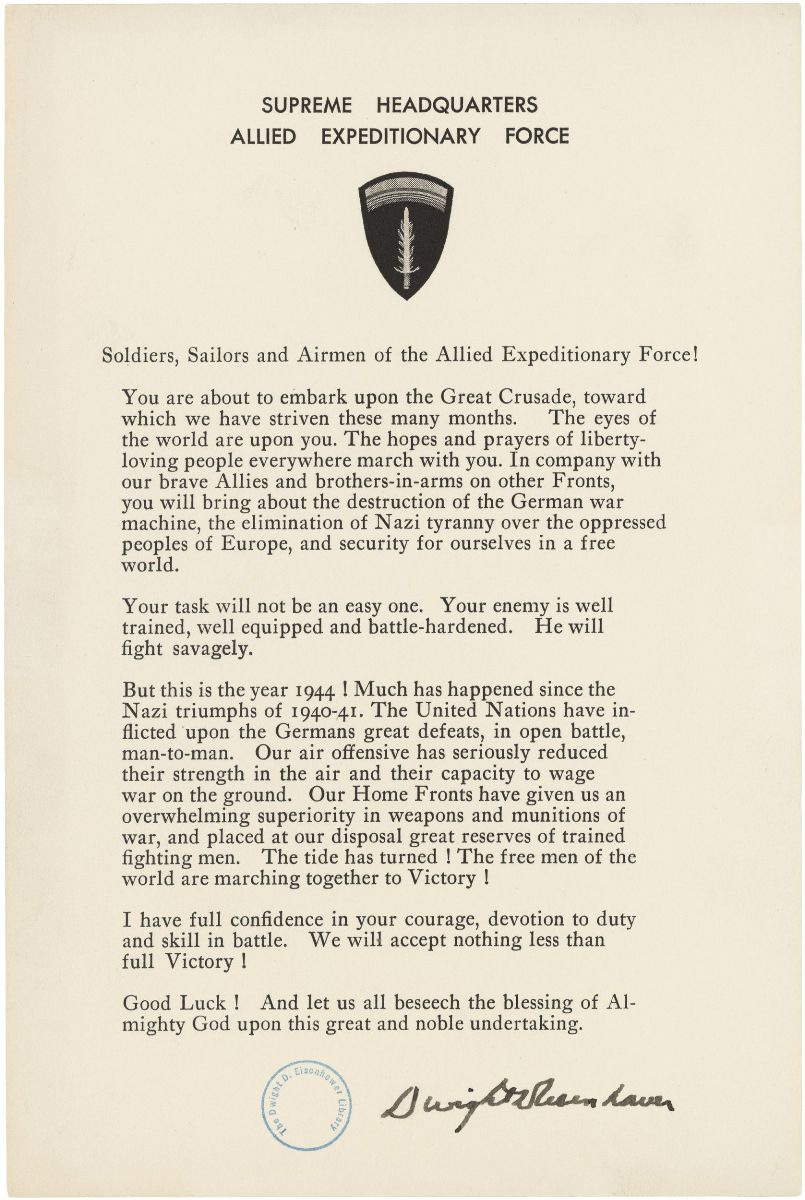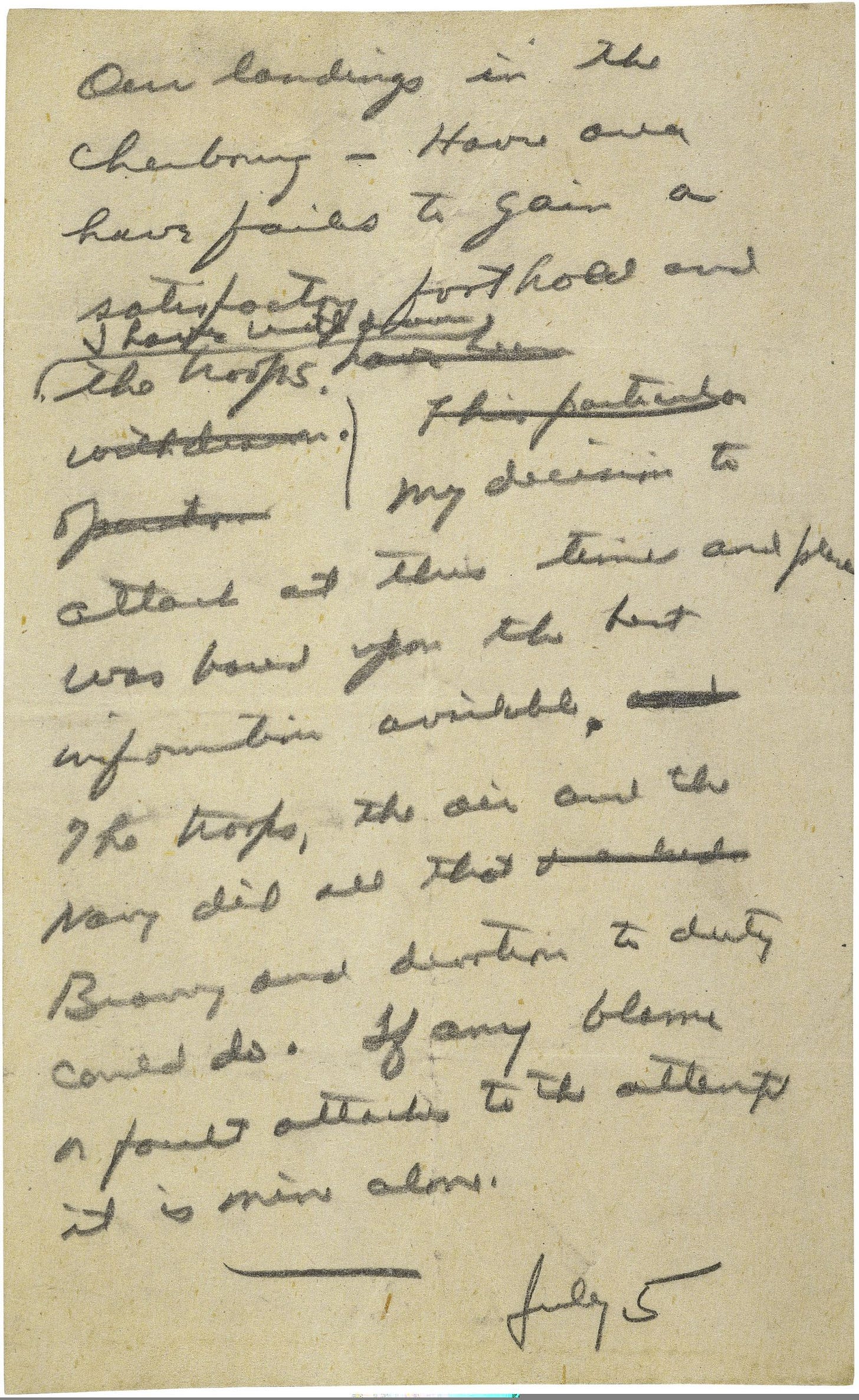by Gabe Fleisher
Good morning! It’s Monday, June 6, 2022. Election Day 2022 is 155 days away. Election Day 2024 is 883 days away.
Welcome back to a brand new week. I hope you had an excellent weekend. Thanks for starting off your week with Wake Up To Politics.
Leading this morning’s newsletter: My interview with Jaclyn Corin, a Parkland survivor and co-founder of the March for Our Lives, as she and her peers plan a return to Washington for their second march in four years.
“I’m furious that we have to do this”: Parkland students prepare to march again
When Jaclyn Corin heard about the horrific shooting in Uvalde, Texas that took the lives of 19 fourth graders and their two teachers, she was at her home in Parkland, Florida, having just returned for the summer from college.
Parkland, of course, is just one of a litany of American cities — Newtown, Las Vegas, and Columbine are some others — so often lumped together for the similar scars they share, having all played host to some of the nation’s deadliest mass shootings. Uvalde is the latest addition.
Corin was there at Parkland’s Marjory Stoneman Douglas High School on Valentine’s Day 2018, when three teachers and 14 of her peers were mowed down by another classmate, one she had actually tutored in the past.
And she was there at a friend’s house a few days later, when a small group of Parkland survivors planted the seed that would become the March for Our Lives, which sparked a nationwide movement and culminated in 800+ demonstrations on March 24, 2018, attended by more than 1 million protesters calling for gun control legislation.
Now, as the nation once again confronts its epidemic of gun violence, Corin and company are springing into action again, preparing to hold a second March for Our Lives on June 11, this coming Saturday.
“It is just agonizing that we have to come back out here and do this again four-and-a-half years later,” Corin told me in a phone interview on Friday, just after landing in Washington, D.C., where the flagship march will once again take place. “Once should have been more than enough.”
“I mean, the reality is, I was born after Columbine: this should have been solved before I was even put on this earth,” she continued. “And so, obviously, I’m furious that we have to do this.”
There is a piercing symmetry to the two marches. Four years ago, when she helped mastermind the initial march, Corin — then serving as class president — was wrapping up her junior year of high school. Now she has just finished another junior year, this time as a government major at Harvard.
Then, as now, it was a midterm election year. Then, as now, members of Congress faced intense pressure to do something — anything — about guns, as the names of slain schoolchildren and a forever-altered town haunted the nation.
In between, though, seemingly little has changed. “Like, the fact that the biggest thing to prevent gun violence that has been done on a national level is Trump banning bump stocks is ridiculous,” Corin said. “I mean, we’re talking about Trump here, right?”
So will a march on Washington to demand gun safety have to become a quadrennial tradition, like leap years or the Olympics?
No, Corin believes. “I do think it’s actually going to be different this time,” she said.
The young activist told me that her optimism stems from her assessment of this current moment, after Uvalde, as a “combination of the reactions between what we experienced after Parkland and after Sandy Hook.”
The latter, she explained, led to a “giant wave of sadness,” due to the young ages of the six- and seven-year-old children who were killed. The former, meanwhile, created a “huge political awakening” on gun violence.
She believes that the response to Uvalde exists at the intersection of the two — now that the movement born after Parkland is already in place and the shock of elementary schoolers being killed has set in once again.
That combination, Corin insisted, will finally “be the thing that causes that national, federal change in legislation” that she and many others have long hoped for.
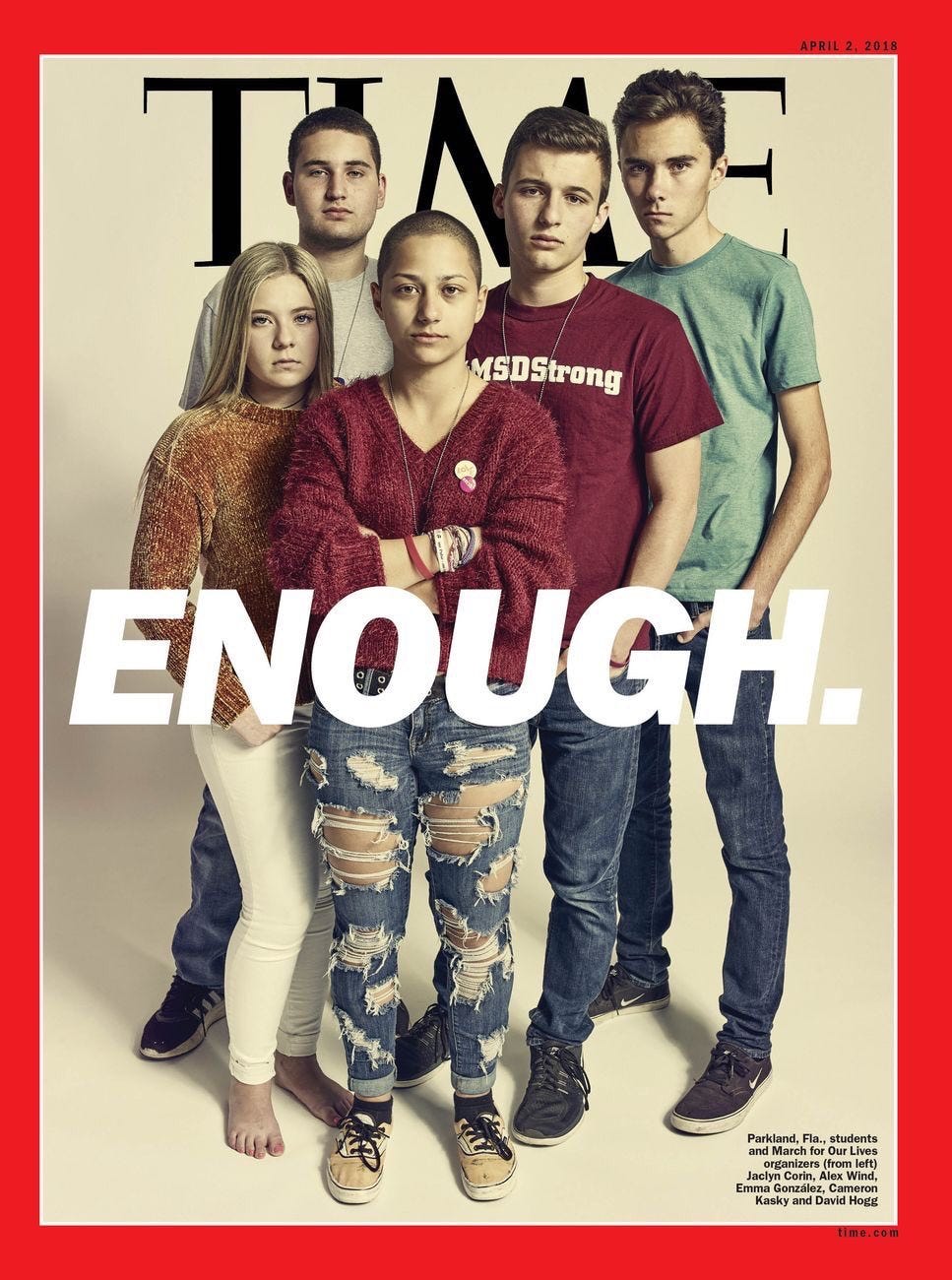
Corin also noted that she and her fellow organizers won’t be approaching this march exactly as they did the first. Asked if there were any lessons they had learned from the original March for Our Lives, any changes she planned on implementing, Corin responded quickly.
“I think it’s really important to have clear messaging around compromise,” she said. “As much as, like, I don’t feel like this is an issue that should be compromised on.”
It’s not that Corin’s belief in the need for some of their more ambitious 2018 demands — like calling for a complete ban on assault weapons — has shaken. But the Harvard junior said she had learned in the years since that it’s important to emphasize “the most common-sense, most widely-supported pieces of legislation first, like expanding background checks.”
“We have to do something here,” she said. “Let’s start with background checks and work our way up to those other things. If nothing’s getting done, we at least need to start somewhere.”
Four years later, Corin seemed to be saying, all out of high school and now in college, the students of Parkland may be trimming their sails ever so slightly — newly focused on what’s possible, instead of what’s perfect. (Corin hastened to add that she couldn’t speak for every student; each speaker at the march on Saturday will have “their own message,” she said.)
In that decision to moderate, the Parkland survivors are mirroring the congressional Democrats searching for a gun control deal.
“I’m not going to get everything I want,” Sen. Chris Murphy (D-CT), his party’s lead negotiator on guns, acknowledged in a CNN interview on Sunday. “But right now, people in this country want us to make progress.”
Previously, Murphy has said that he’s “not going to let the perfect be the enemy of the good” this time around.
With that willingness to compromise, the Connecticut senator said Sunday, “I’m more confident than ever that we’re going to get there.” The longtime gun control advocate added: “I’ve never been part of negotiations as serious as these.”
Meanwhile, activists like Corin say the urgency for Congress to act is only growing.
Since Friday, when I spoke to Corin, 11 more mass shootings have taken place across the United States, according to Gun Violence Archive. (The group defines mass shootings as those in which at least four people, not including the shooter, are killed or injured.)
The weekend shootings, in cities from Phoenix to Philadelphia, killed 15 people and injured 61 more. Since Uvalde, less than two weeks ago, Gun Violence Archive has recorded a total of 33 mass shootings, which have killed or injured 192 Americans.
Before it was known as the March for Our Lives, Corin and her fellow Parkland survivors initially dubbed their homegrown movement “Never Again MSD,” with the initials referring to their high school, Marjory Stoneman Douglas.
But a mass shooting targeting America’s schoolchildren has happened again. And so, the students of Parkland are marching again.
“It’s agonizing. It’s frustrating,” said Corin, who is 21 years old. “I should be focused on building my career right now. But the reality is I’m talking to you here today and I’m planning a march” — again — “with my fellow peers and organizers.”
What to watch this week
At the Capitol: The marquee event for the political world this week will be the House January 6th committee’s first primetime hearing, which will take place on Thursday.
Members of the panel hyped up the hearing on the Sunday shows, promising new revelations and video footage from the Capitol riot.
Meanwhile, gun control talks continue: Sen. Chris Murphy (D-CT) said Sunday that the bipartisan group of senators he is working with will need to decide “in the next five days” whether they can come together on a passable package.
The House will also address gun violence, preparing to pass a package of bills — none that have any chance of getting through the Senate — later this week
In the White House: As crises mount and his approval ratings dip, a crop of new reports — from NBC News, CNN, Politico, and other sources — are describing President Biden’s rising frustration with his staff and his political standing.
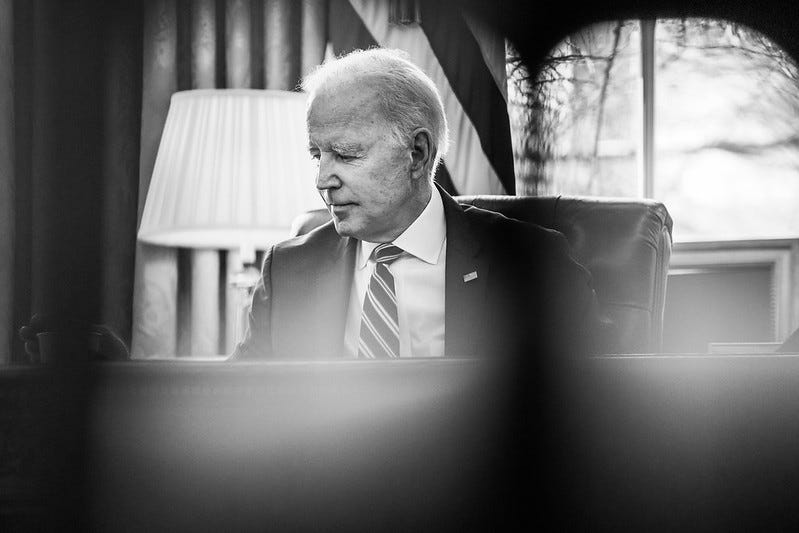
On a slew of issues, from inflation to the baby formula shortage, Biden stands accused of acting too late and fumbling his response, exactly the type of bureaucratic snafus he promised to avoid when campaigning for the White House. On others, like abortion and gun control, he finds himself with his hands tied.
Per Politico, Biden believes the answer is for him to get out of Washington and out onto the road. To that end, watch this week for him to visit California (where he’ll hold a summit with other Western Hemisphere) and New Mexico (where he’ll promote his climate agenda) as he attempts to breath new life into his administration before it’s too late.
Supreme Court: “The Nine” are slated to release opinions this morning for the first time in two weeks. They have a lot of catching up to do: the justices have yet to issue opinions in 33 of the cases they heard this term, the highest share of unfinished work the court has had at this point in the summer in more than 70 years.
Generally, the court wraps up its work by the end of June, so the justices have less than a month to release all of those opinions — a torrent that will include a slew of high-profile rulings, the most prominent being a decision on the future of Roe v. Wade and American abortion rights
More news you should know
— Russia fired missiles at the Ukrainian capital of Kyiv on Sunday for the first time in more than a month, while Vladimir Putin promised to go after targets “we haven’t yet struck” if the U.S. moves forward with its plan to send long-range rocket systems to Ukraine.
— A federal grand jury indicted former Trump adviser Peter Navarro on Friday for failing to comply with a subpoena from the House January 6th committee. Meanwhile, the Justice Department declined to prosecute two other Trump aides — Mark Meadows and Dan Scavino — who refused to cooperate with the panel.
Related: Former Vice President Mike Pence’s chief of staff warned his lead Secret Service agent the day before the Capitol riot that the VP might face a security concern because of statements by the president, the New York Times reports.— Former President Trump could announce a 2024 presidential bid as early as this summer, per NBC News. According to the report, Trump is growing “anxious to get back in the political arena” and even eying July 4 as a possible announcement date.

What I’m reading
Since this morning’s newsletter led off with a report on guns, here are a few more recommend reads on the topic:
This New York Times analysis on which mass shootings since 1999 might have been prevented — and which ones wouldn’t have — if various gun control proposals had been in place.
This beautifully written but haunting Wall Street Journal piece on “the altered lives of America’s school shooting survivors,” as they cope with the trauma for years (even decades) afterwards.
This Associated Press article on how teachers are responding to Uvalde, which opens with a genuinely depressing anecdote about balloons popping at a school in West Virginia — and students lunging into a nearby classroom for safety.
This reminder of political reality via an NBC News report on Rep. Chris Jacobs (R-NY) announcing he won’t seek re-election, mere days after breaking with his party to announce he’s support a nationwide ban on assault weapons.
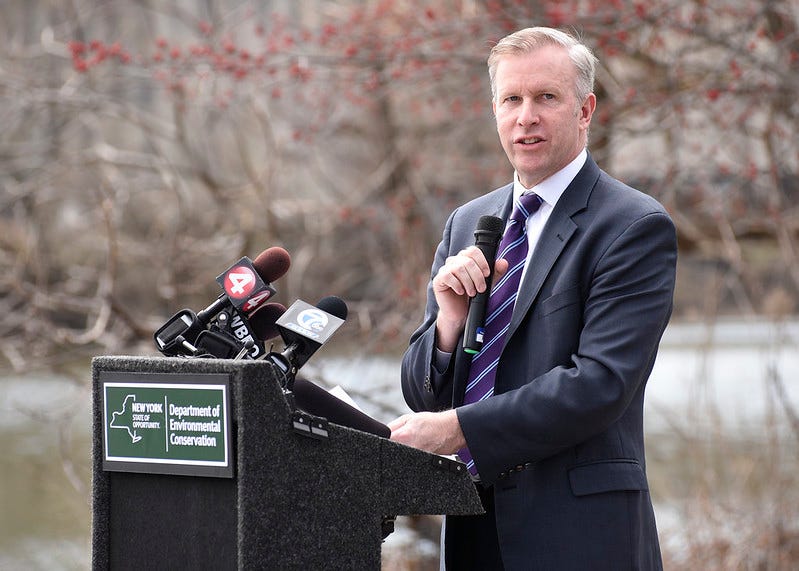
What’s going on in government today
All times Eastern.
President Biden has nothing on his public schedule besides receiving his daily intelligence briefing at 9:30 am.
Vice President Harris is in Los Angeles. She’ll host a roundtable with faith leaders on reproductive health care at 5:25 pm and then participate in a tour of the Summit of the Americas Civil Society Forum Initiatives Fair at 4 pm.
First Lady Biden will host an unveiling of a new U.S. Postal Service stamp honoring former First Lady Nancy Reagan at 11 am. Later, she’ll travel to Grand Canyon National Park in Arizona, where she’ll film content for a National Geographic feature on national parks.
White House press secretary Karine Jean-Pierre will hold her daily press briefing at 2:30 pm.
The Senate will convene at 3 pm. The chamber will hold a cloture vote at 5:30 pm to advance the nomination of Alex Wagner to be Assistant Secretary of the Air Force for Manpower and Reserve Affairs.
The House is out until tomorrow.
The Supreme Court will release orders (announcing which cases the justices have agreed to hear or rejected for next term) at 9:30 am and opinions (outlining the court’s decisions in cases that were argued this term) at 10 am.
Links to watch for yourself: FLOTUS stamp unveiling • WH press briefing • Senate session
Before I go...
Today is the 78th anniversary of Allied soldiers storming the beaches of Normandy in 1944.
Better known as “D-Day,” the historic incursion into Nazi territory marked a turning point in World War II and the liberation of France. It is remembered today as an act of enormous courage on the part of the 156,000 American, British, and Canadian soldiers who participated.
“The eyes of the world are upon you,” General Dwight D. Eisenhower, who planned and oversaw the operation, wrote to those soldiers in his order formally greenlighting the mission. “The hope and prayers of liberty-loving people everywhere march with you.”
As chronicled in Jeff Nussbaum’s fantastic new book “Undelivered,” Eisenhower also prepared a message to be released in case the operation failed. “If any blame or fault attaches to the attempt it is mine alone,” he wrote, ready to take full responsibility if things went south.
Here are both writings — the order (left), and the undelivered “in case of failure” message (right):
That’s it for today. If you enjoy Wake Up To Politics, it’s always appreciated if you donate to support the newsletter or buy some merch. Or if you tell your friends and family to sign up at wakeuptopolitics.com.
If you have any questions or feedback, feel free to email me: my inbox is always open.
Thanks for waking up to politics! Have a great day.
— Gabe








